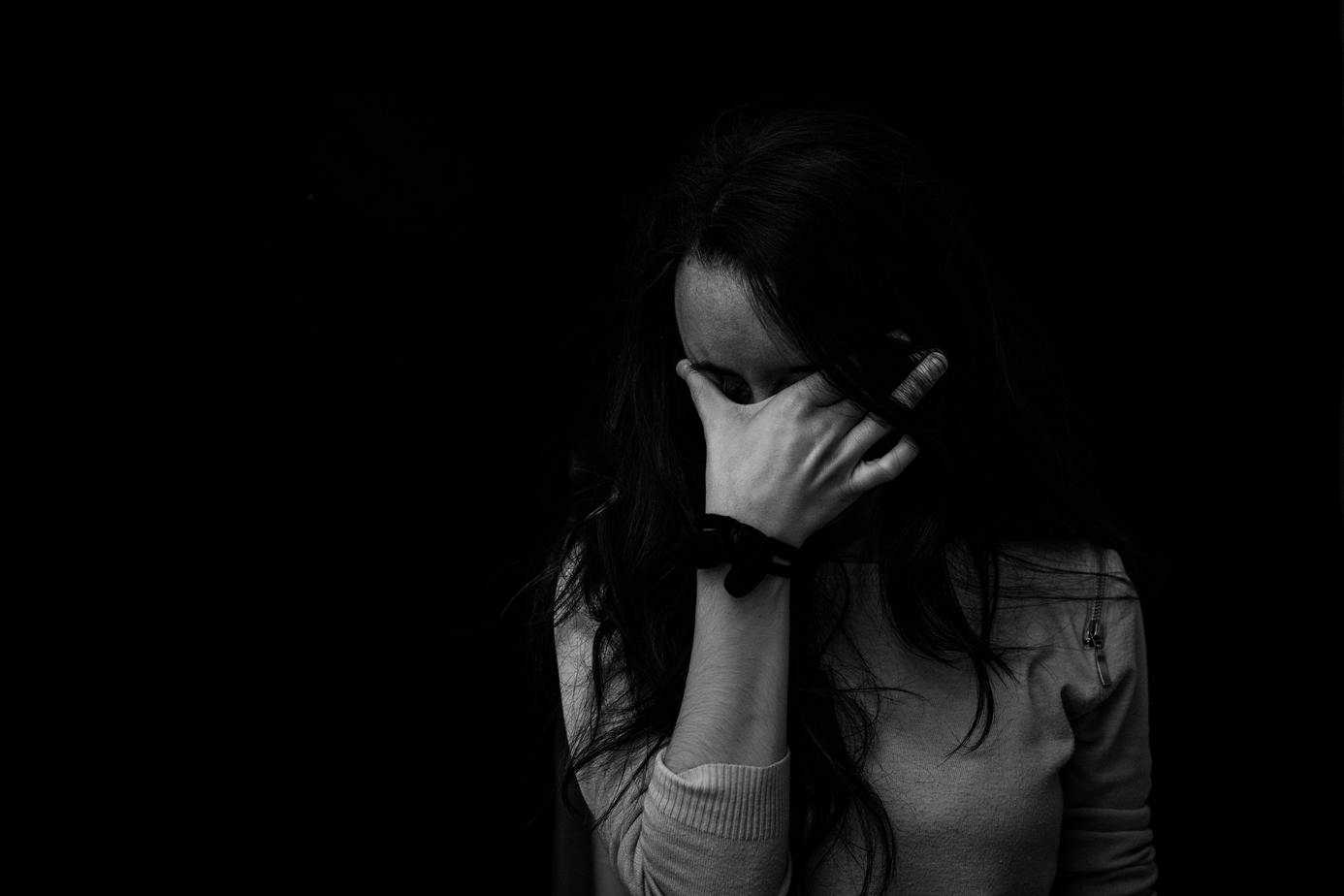“Injustice anywhere is a threat to justice everywhere.” Dr. Martin Luther King, Jr.
There has been a lot of talk about Human Trafficking/modern day slavery recently. January is National Slavery and Human Trafficking Prevention Month. I had the pleasure of meeting with two of Common Ground’s Human Trafficking Victim Advocates, Lisa and Allie, about the importance of raising awareness and addressing the factors that create Human Trafficking in our country.
“Human Trafficking (modern day slavery) is a multi-billion-dollar business. It’s all about the money. That’s what it comes down to, the money.” Lisa made it very clear that the power behind Human Trafficking is that it is big business and human beings are the commodity. Allie added to this, “Just because they appear willing, doesn’t mean they are.” There is a lot of “grooming” or “conditioning” that goes into keeping those being trafficked in captivity.
Both Lisa and Allie talked about one of the misconceptions about trafficking is that “It doesn’t happen here.” The truth is, trafficking can happen anywhere. When we hear about trafficking it is often described as scary people snatching children from malls or people who are living “questionable” lives, setting themselves up for the abuse, being sold, and any of the other consequences that come from trafficking. This simply is not the case! Trafficking occurs in a wide variety of areas. Large cities provide the numbers of people traffickers seek to use. In the cities it isn’t only sex trafficking that occurs, as several people can be found in salons, restaurant kitchens and domestic service programs and are used in labor trafficking. Rural areas see numbers of trafficked people for labor in agricultural businesses.
The individuals trafficked are generally recruited from circles where the most vulnerable can be found. They seek out “those who are part of the invisible populations, those who fly under the radar,” including individuals who are in or just transitioning out of foster care, those who have addictions, undocumented workers, homeless people, runaways, LGBTQ individuals, those who are low income, those who have a history of sexual abuse, or individuals who are simply seeking out love and acceptance and have not had either in their lives thus far.
Trafficking circles are built up in a very organized fashion; the trafficker identifies and recruits one individual who is then forced to recruit other individuals. A variety of strategies are used to keep those who are being trafficked under control as well. Aside from physical and emotional abuse, traffickers will keep the children of workers in their homes to ensure that they get the money they are looking for. Additionally, threats of “outing” someone in the LGBTQ community is sometimes used, as is imprisoning workers somewhere when they are not working.
“If you see someone distancing themselves from others, looking isolated, are always with someone when they are out, and don’t have access to their own ID,” they may be part of a trafficking ring. High levels of truancy, houses with lots of people who come and go frequently can also be indicators according to both Lisa and Allie.
“If you think someone is being trafficked, there are a few things that can be done.” Lisa and Allie cautioned that an overt approach in front of the trafficker could be dangerous. However, some of the ways of getting help to someone include giving them the number to the National Human Trafficking Hotline (888.373.7888) or directly to Common Ground if this is occurring in Michigan (248.231.1127). If someone is trying to get away, they can go directly to a police station, hospital, or one of the “Green Light” businesses and tell them they need help. Churches can be helpful when they are open as well.
How does the Common Ground VAP – Human Trafficking program help? “We stand by them and help with whatever they need,” stated Allie, including, emotional support, legal procedures, medical appointments, housing, mental health services, job searches and getting ID.
Finally, I asked Lisa and Allie what they thought needed to happen to end human trafficking. They both agreed there needs to be more information out in the world, so people know what to look for. School presentations were suggested, as was training for those who interact with people a lot through their jobs. “Honestly, we, as a nation, need to find ways to institute better treatment overall for our most vulnerable citizens, for example, providing more options for those in Foster Care, “stated Allie. Lisa agreed and added that simple things like how we talk to one another, how adults talk to their children, looking at who we judge and why we judge them and seeking out respect in all interactions between people would help.
Author: Emily Norton, Resource and Crisis Helpline Specialist at Common Ground





